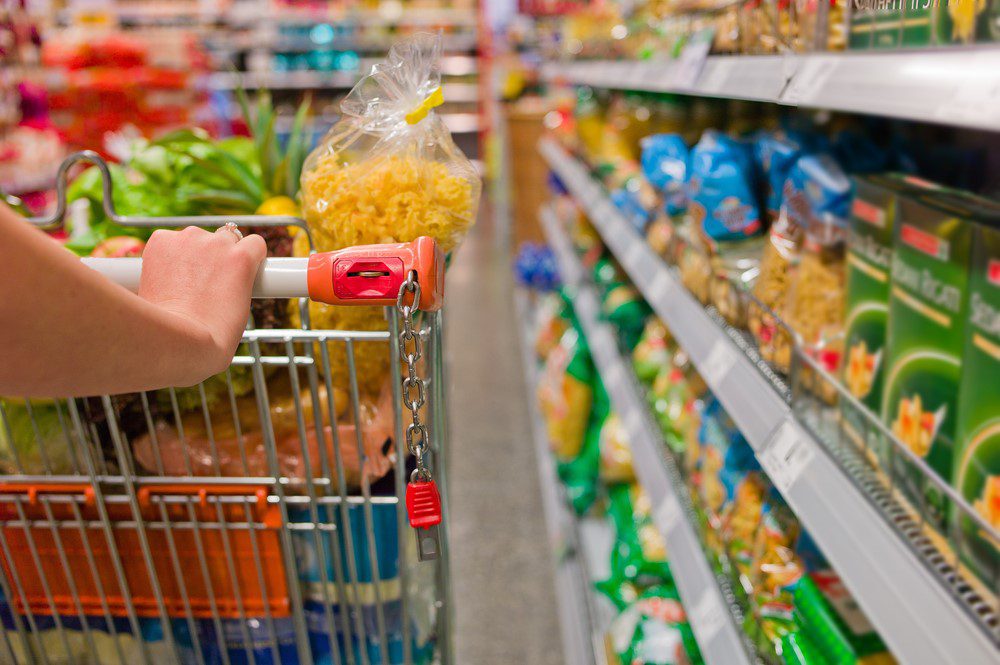“We are in a period of huge change. It’s what I call the Global Agrarian Revolution – more change in agriculture in the next 20 years than we’ve seen in the last 1,000 years.”
That’s the message Ian Proudfoot, global head of agri-business with KPMG, started with at today’s Agricultural Science Association (ASA) From Trade Wars to Consumer Trust conference.
But what does all this mean?
Quite simply, he said, it means that things are going to become possible that have not been possible before.
“It is bringing the reality of industrial revolution 4.0 to the primary sector, doing something that we have not been able to solve in the past.
“We are going to be integrating digital solutions with physical products and biological components to create new types of food, new types of farming and new types of solutions to how we manage pests and diseases.
The world in front of us is incredibly exciting.
Proudfoot noted that consumers are changing how they behave, adding: “We’ve got sugar and fat taxes coming into the market. Zero hunger is the fundamental global challenge – 800 million people were hungry last night.
“You are part of a system that is broken and the consumers are starting to recognise that. We’ve got to start to face into some of those challenges; but that level of disruption for me means opportunity.
“It comes down to the lengths you are prepared to take to address these issues. If you see them as a problem, they will destroy you.
“If you see them as a chance to do things differently, to re-position where Ireland puts its product into the global market, the opportunity is very significant.”
Sustainability is the bottom line
Touching on sustainability, he said: “Sustainability is not just about climate change; it’s not just about the environment.
“Believe me, as a country that’s growing your dairy production, you’ve got some big challenges coming in front of you. We are living them in New Zealand today.
“But the reality is it’s about how you treat your labour; it’s about how you interact with your communities; it’s about how you think about animal welfare in the widest possible sense.
Sustainability is very wide, but it is your ticket to play.
He added that consumers also want diets that are as varied as possible.
“If you want to be a successful company, you need to think about delivering what the consumer needs, not what you necessarily grow.”
The KPMG representative also commented on chronic disease treatment, saying that it is unaffordable and unsustainable.
“We can’t keep making people better. Governments around the world – and particularly in emerging markets – are starting to focus on how they keep people healthy with preventative health care.”
He added: “The reality is we are going to move to a food system that’s very much integrated into our wider health care systems and that means you are going to have new competitors.
The pharma companies are coming into your space and they are going to change what the game looks like.
“What does all this mean? How does it all come together? Well, the reality is we don’t have a value chain any longer; we have a value web, where the consumer sits at the centre.
“Everybody has a relationship with the consumer – whether you are the regulator, the community, the input provider – the consumer has to be understood and you will get rewarded based on how you understand the consumer and what you bring to them.
“The reality is, I think, the future of the food system is about the consumer and the food you bring to them,” he said.
